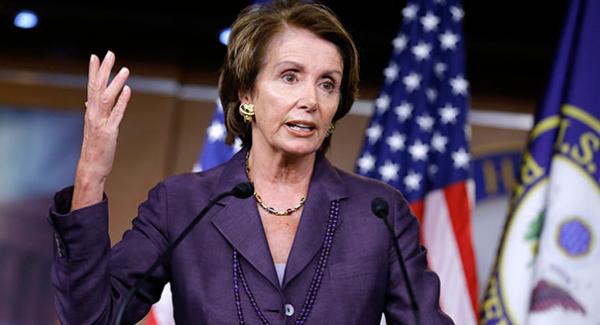By Mike Dennison, Independent Record State Bureau
Once again, the federal government is funding “navigators” in Montana to help the uninsured buy private, subsidized health coverage this fall — with a new emphasis on Native American consumers.
Earlier this month, federal officials awarded $609,000 in navigator grants to three Montana groups: Planned Parenthood of Montana, the Montana Health Network and the Montana Wyoming Tribal Leaders Council.
“We had great, great success with the program last year,” Martha Stahl, CEO of Planned Parenthood of Montana, said Monday. “I think it’s a great way to continue our mission of connecting people with affordable health care, which is what we’re all about.”
Stahl said her group will be working closely with the other two grant recipients and other organizations to sign up more people for health insurance under the Affordable Care Act, as well as target Native Americans. Planned Parenthood and the Health Network had navigator programs last year.
Navigators, who must be certified by the state insurance commissioner, help people buy private health insurance through the online “marketplace,” a key part of the ACA, the federal health-care overhaul also known as “Obamacare.”
Individuals buying policies on the marketplace can get federal subsidies to offset the cost of those policies. Lower-income consumers also can get further discounts on certain marketplace policies.
Most consumers who earn less than 400 percent of the federal poverty level — about $79,000 for a family of three — are eligible for the subsidies, which are paid directly to the insurance company.
The Obama administration launched the marketplaces last October in 34 states, including Montana, initially with disastrous results. Beset with technical problems, the marketplaces barely worked.
However, by the end of March, more than 36,000 Montanans gained coverage through marketplace policies, out of 8 million people nationwide.
The marketplaces will open again this year Nov. 15. Customers can shop for and purchase new policies for 2015. Four companies will be offering policies on Montana’s marketplace.
Cheryl Belcourt, executive director of the Montana-Wyoming Tribal Leaders Council in Billings, said the group will use its $142,000 grant to hire some navigators and coordinate with other groups to encourage Native Americans both on and off reservations to buy marketplace policies.
Many Native Americans think the policies are not for them, because they expect to use the Indian Health Service and don’t face a tax penalty if they’re not insured, Belcourt said.
However, the affordable private policies and their low-cost coverage can expand health care for Native Americans, she said.
“This is an opportunity to address the health disparities of Native American people,” Belcourt said. “We want to be able to really make a difference in terms of the quality of life for Indian people.”
Chris Hopkins of the Montana Health Network, a consortium of smaller hospitals and health-care centers, said its $175,000 grant will be used to add nine new navigators to the 20 it already trained with last year’s grant. Most of them are staffers at hospitals and nursing homes.
“Our focus is to have local people providing services in their own community, rather than having someone come in from the outside, do a presentation, and then leave,” he said.
The Montana Primary Care Association, which represents federally funded health clinics, had a navigator program last year but did not get a grant this year.
Amanda Harrow of the association said clinics will continue to work with various groups to help people sign up for ACA-subsidized policies.



